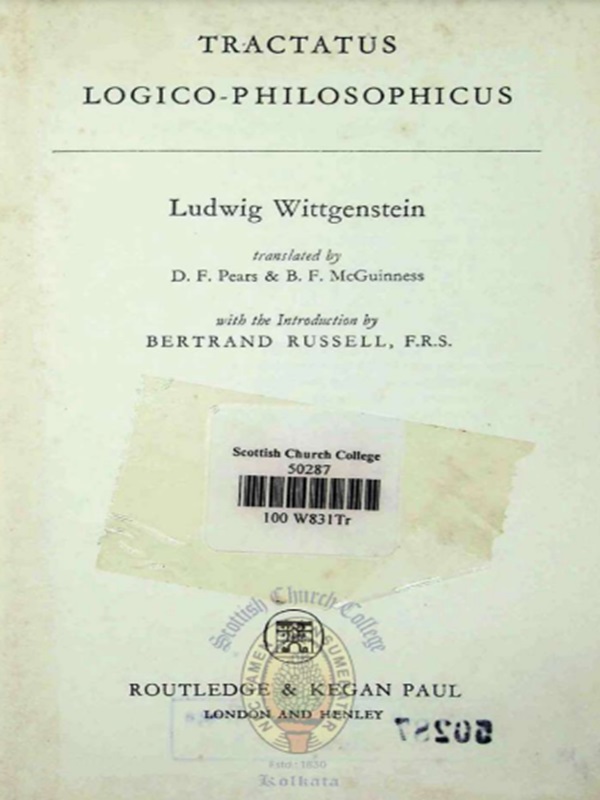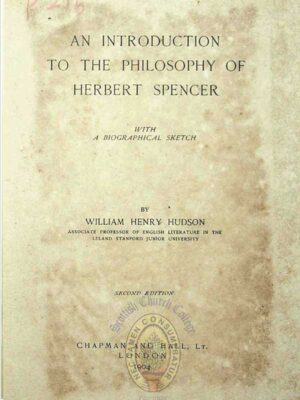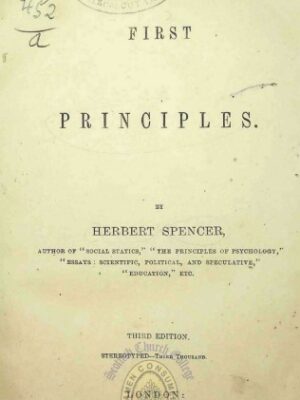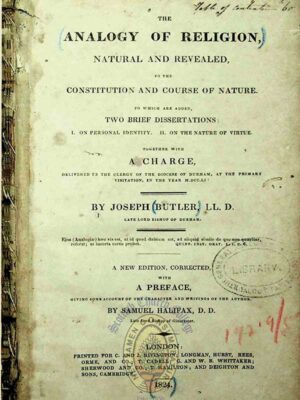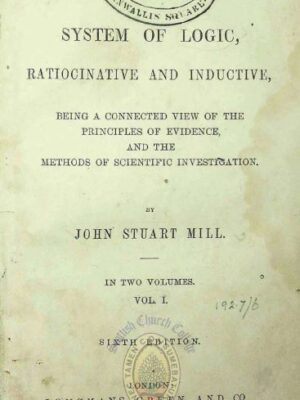Description
Tractatus Logico-Philosophicus by Ludwig Wittgenstein, translated by D. F. Pears and B. F. McGuinness, is a seminal work in philosophy, addressing the relationship between language and reality. Wittgenstein explores the limits of language, logical structure, and propositions, ultimately asserting that language can represent only factual content, while philosophical questions lie beyond expression. His famous statement, “Whereof one cannot speak, thereof one must be silent,” summarizes his view on the boundaries of thought and language. A pivotal text in analytic philosophy and logical positivism, Tractatus challenges readers to reconsider how language shapes our understanding of the world.

